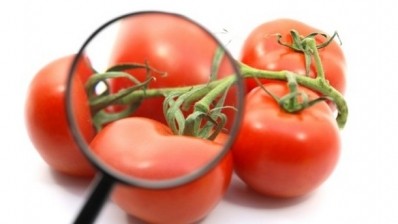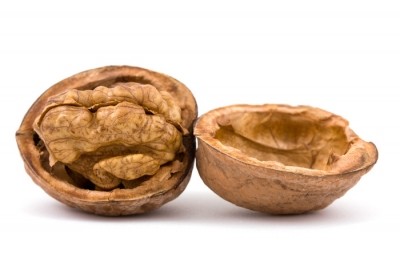Multivitamin and mineral supplement may offer invasive breast cancer hope: Study

The new data, published inBreast Cancer Research and Treatment, looked at follow up data for thousands of postmenopausal women with invasive breast cancer, and assessed whether consumption of multivitamin and mineral supplements had any benefit on survival rates.
The US-based team found that the risk of dying from invasive breast cancer was 30% lower among multivitamin/mineral users compared with nonusers.
"Our study offers tentative but intriguing evidence that multivitamin/mineral supplements may help older women who develop invasive breast cancer survive their disease," said lead author of the study, Professor Sylvia Wassertheil-Smoller from Albert Einstein College of Medicine of Yeshiva University, USA.
Study details
The research was conducted as part of the Women's Health Initiative Clinical Trials and the Women's Health Initiative (WHI) Observational Study. Combined, the two studies include data from 161,608 postmenopausal women ages 50 to 79 when they first joined the study.
The current study focused on 7,728 participants who were diagnosed with invasive breast cancer during the WHI and were followed for an average of seven years after their diagnosis. After enrolling in the WHI and during repeated follow-up visits, all participants provided extensive information about their health including whether or not they had taken a multivitamin/mineral supplement at least once a week during the prior two weeks.
Around 38% of the 7,728 women who developed invasive breast cancer during the WHI were found to be using supplements, with the vast majority reporting that they were taking the supplements before their breast-cancer diagnosis.
In their analysis, the research team performed a comparison of mortality rates - which revealed that women with invasive breast cancer who took multivitamin/mineral supplements were 30% less likely to die from their cancers than women with invasive breast cancer who hadn't taken the supplements.
The team looked at many possible confounding factors including additional supplements that the women took, their smoking status, education, race/ethnicity, weight, depression, alcohol use, physical activity, age at breast cancer diagnosis, and diabetes - however the association between regular use of multivitamin/mineral supplements and reduced risk of death persisted even after these factors were taken into account.
"Controlling for these other factors strengthens our confidence that the association we observed – between taking multivitamin/mineral supplements and lowering breast-cancer mortality risk among postmenopausal women with invasive breast cancer – is a real one," said Wassertheil-Smoller.
"But further studies are needed to confirm whether there truly is a cause-and-effect relationship here."














